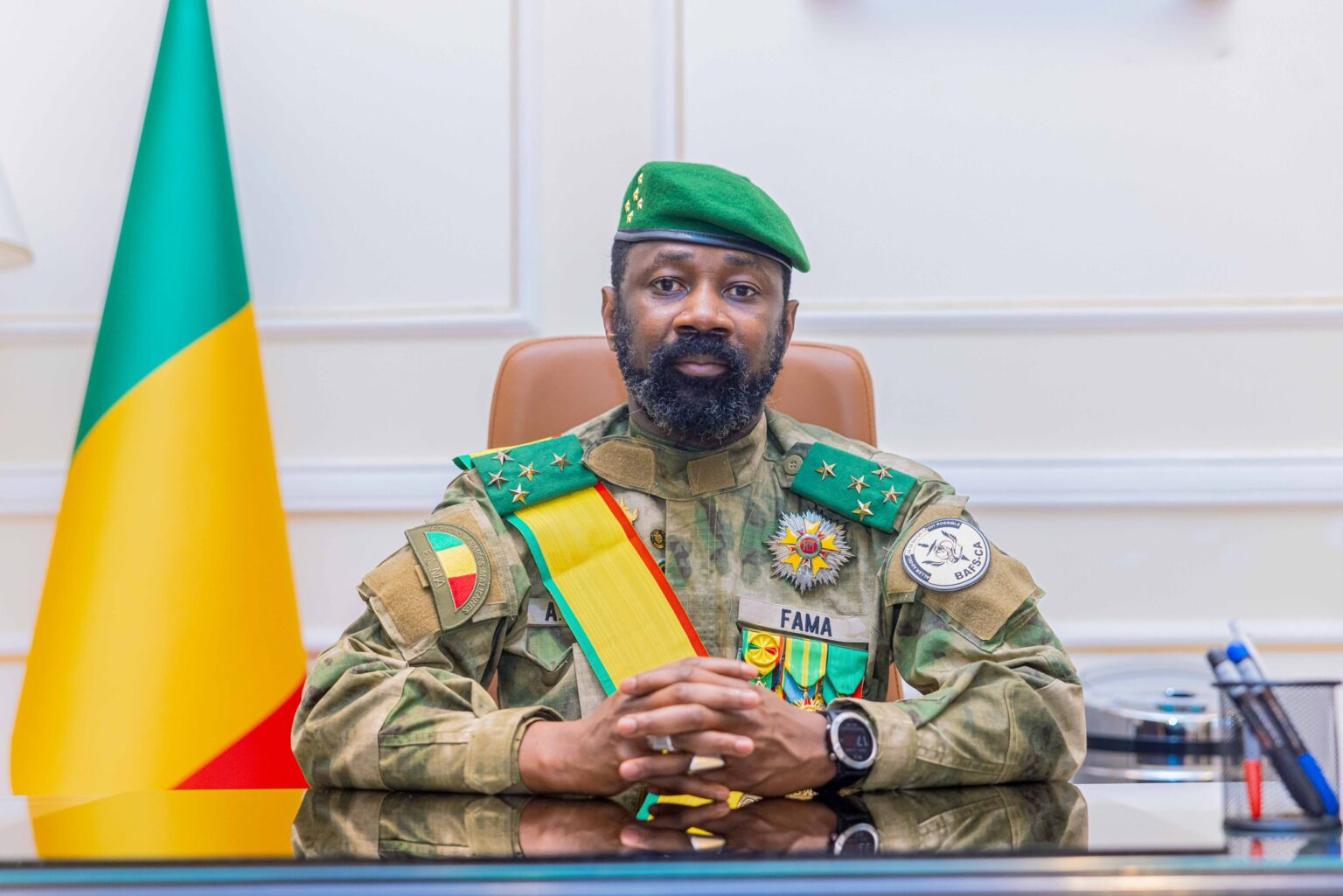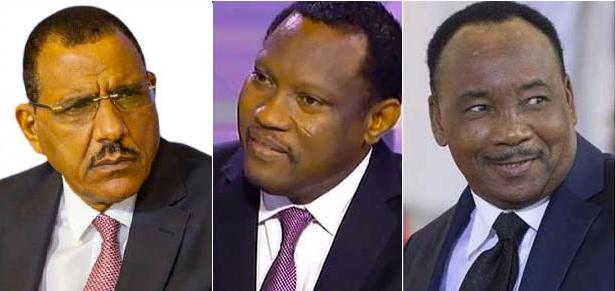Mali’s deal with Russia’s Wagner Group will impact the whole Sahel
Published on 2021 October 31, Sunday Back to articles
If, as expected, the security deal between Russia’s Wagner Group with Mali goes ahead there could be profound implications for the Sahel, the Maghreb and West Africa. It would also be a major strategic setback for France, the EU and the West.
It will increase the political instability of the wider region, and particularly if Wagner gets involved in training and equipping an elite force of the indigenous Polisario forces seeking to remove the Moroccan occupiers from the disputed Western Sahara. This would almost certainly trigger a war between Morocco and Algeria which would have serious negative impacts on both Spain and France.
A Moscow-Algiers-Bamako alliance would also re-establish Algerian hegemony in the Sahel as well as a likely disruptive Russian influence.
International humanitarian and development aid to Mali would be drastically curtailed, with Western donors are likely to reduce their assistance to neighbouring countries because of the fear of contamination.
The noticeable increase in the number of Russian tourists in the Sahel may well be a precursor of further interest in the region.
If Russia does establish itself in Mali, it will leave Washington with little choice but to increase its military aid to other, more Western-aligned, countries in the region in a way that would be reminiscent of the Cold War era.
Meanwhile all the signs are that Bamako’s military junta intends to remain in power. If the country descends into a military dictatorship — akin to Chad, Sudan and, of course, Algeria which only pays lip service to democracy — the future of democratic governance in the region will be further undermined.
With the failure of France’s military counter-terrorism strategy, some sort of deal between the Malian regime and the jihadists may be the only way to achieve a reduction of violence in Mali and the wider region, and could be a workable way forward.
The continued totalitarian rule by the Déby family in Chad can only lead to continued political unrest and instability and the likelihood of further rebel incursions which could eventually be successful.
In terms of better governance, the only two bright spots in the region are the presidencies of Niger’s Mohamed Bazoum and Mauritania’s President Mohamed Ould Cheikh Mohamed Ahmed Ould Ghazouani although both need more time to prove their credentials in that regard.
This excerpt is taken from Sahara Focus, our monthly intelligence report on the Sahara region. Click here to receive a free sample copy.The latest issue of Sahara Focus also includes the following:
Sahara Focus – October 2021
Sahel
- Russian presence in Sahel raises concerns
- Implications
- US boosts military aid to Sahel armies
Mali
- French withdrawal from northern Mali is problematic
- Fears that junta will attempt to remain in power
- Military still under attack from jihadists and its own citizens
Niger
- Niger suffers more terrorist attacks in Tillabéri region
- Defeated presidential candidate still contesting the result
- The rainy season causes as many deaths and damage as previous years
CHAD
- N’Djamena scrambles to resolve sovereign debt issue
- Savannah Energy close to purchase of ExxonMobil asset
- Déby appoints 93 members of transitional parliament
Mauritania
- Opposition parties to participate in upcoming National Dialogue
- US delegation visits Mauritania
Burkina Faso
- Niger’s President Bazoum visits President Roch Marc Christian Kaboré
- Burkinabè soldiers killed in terrorist attacks



